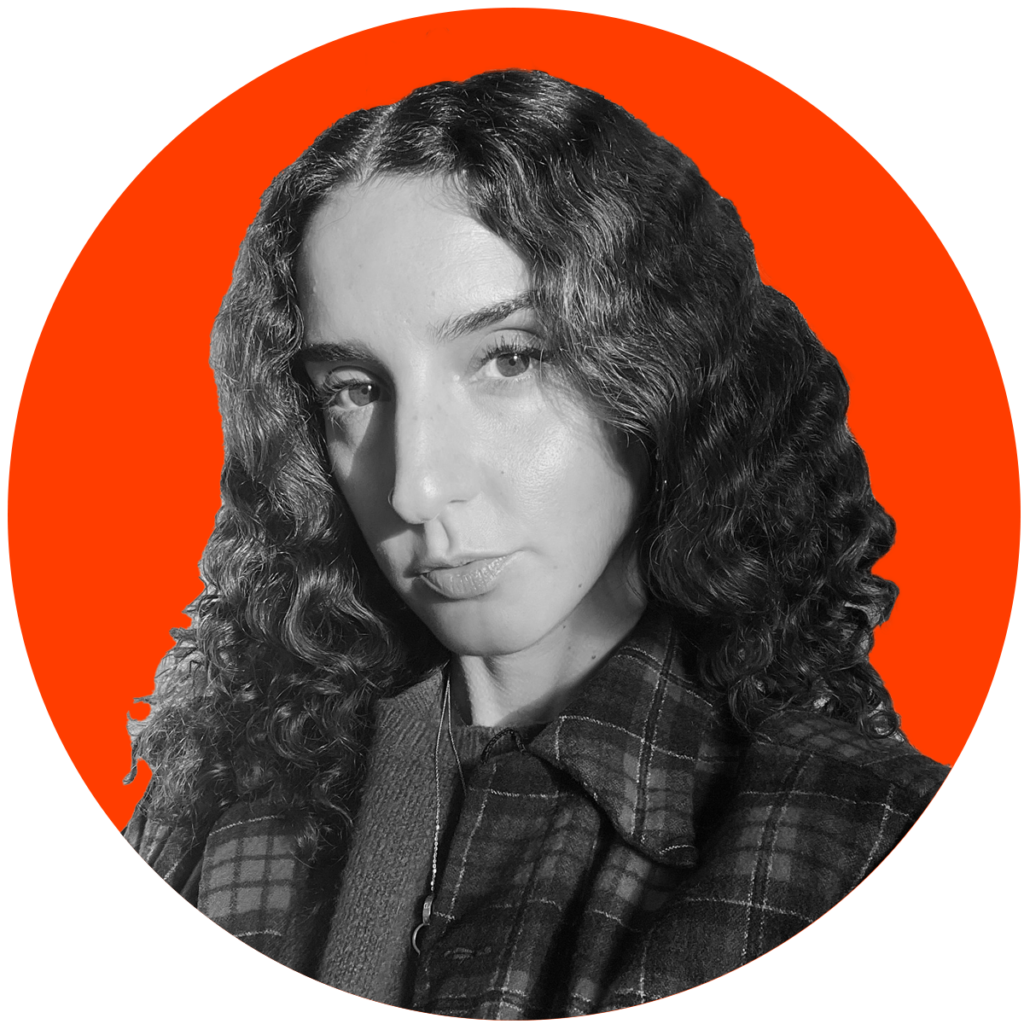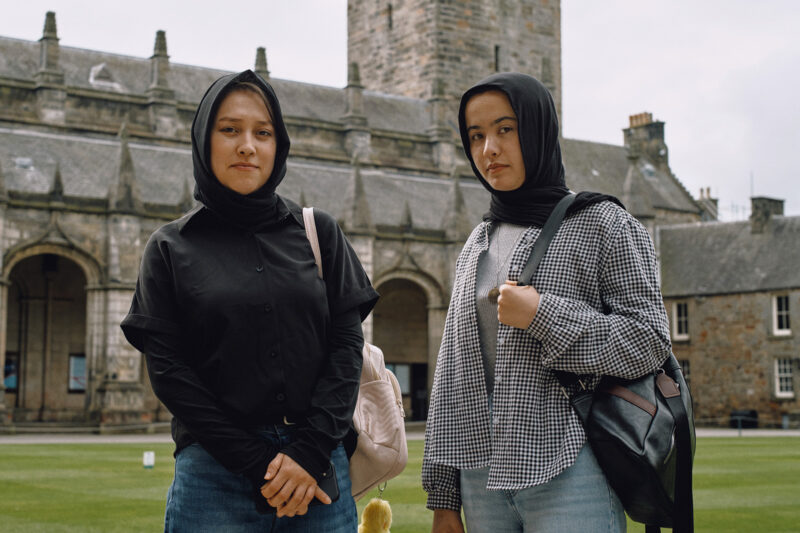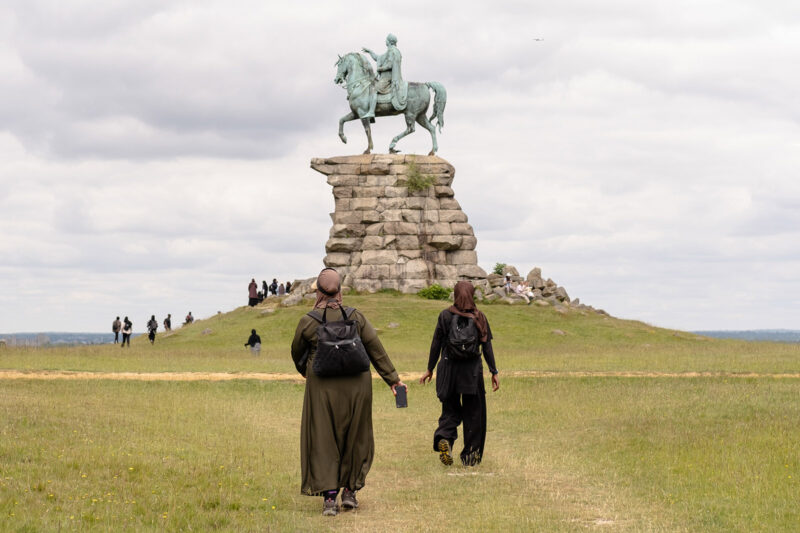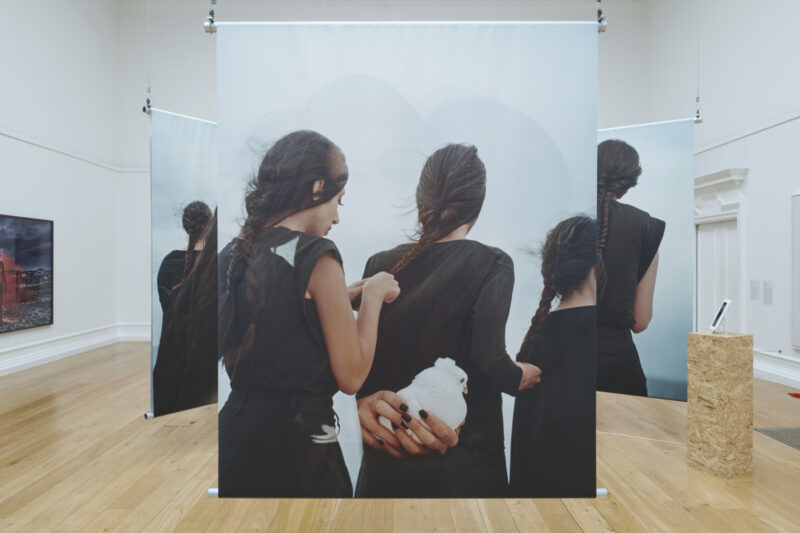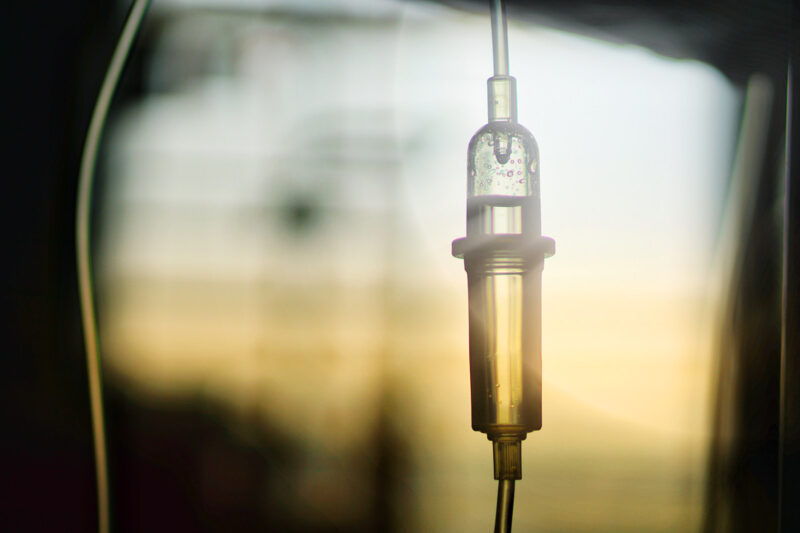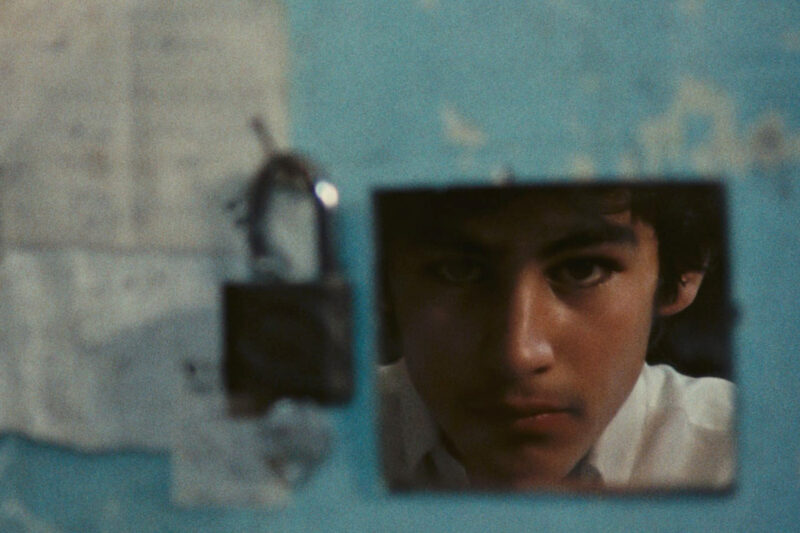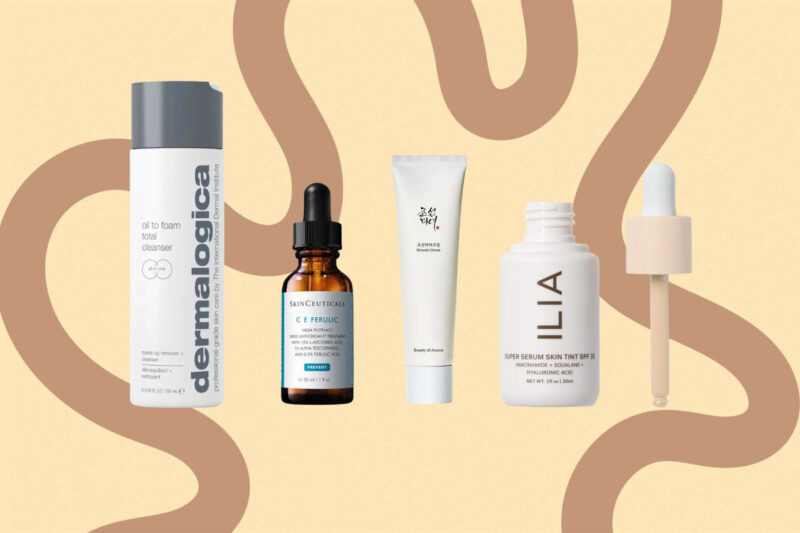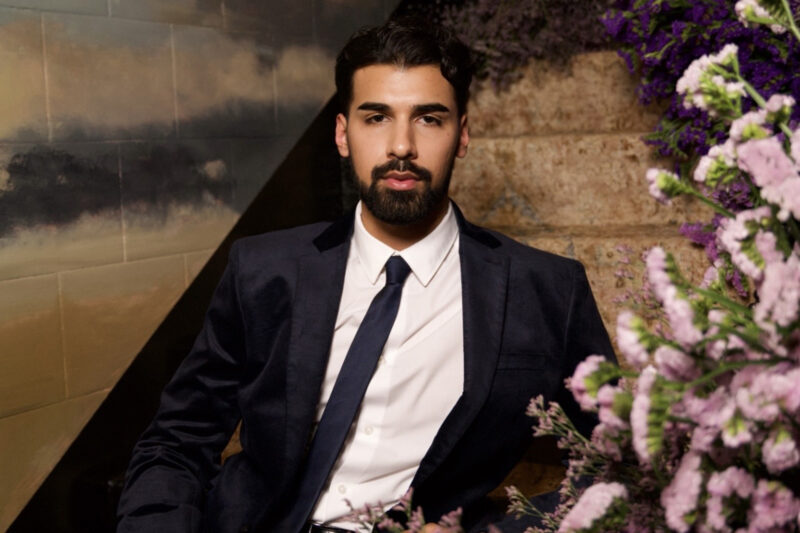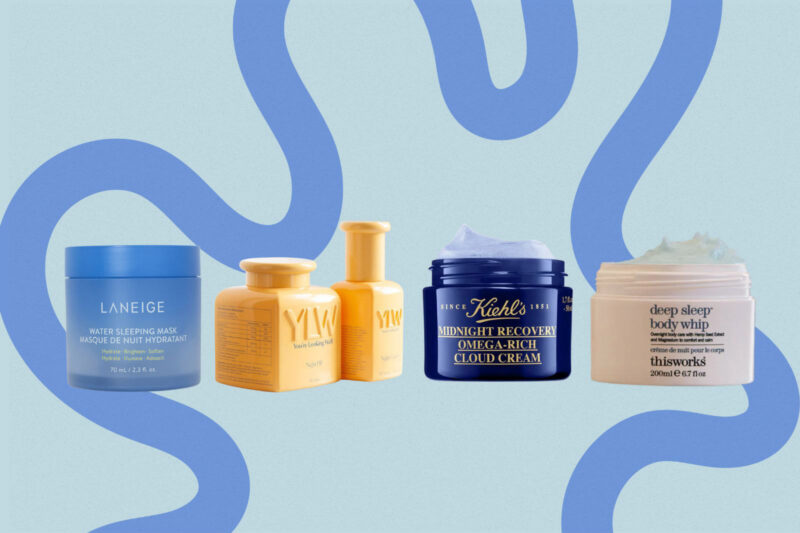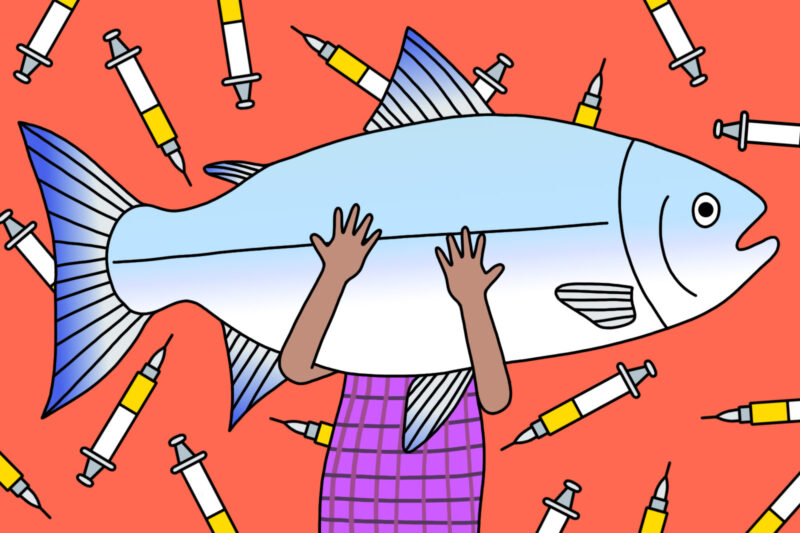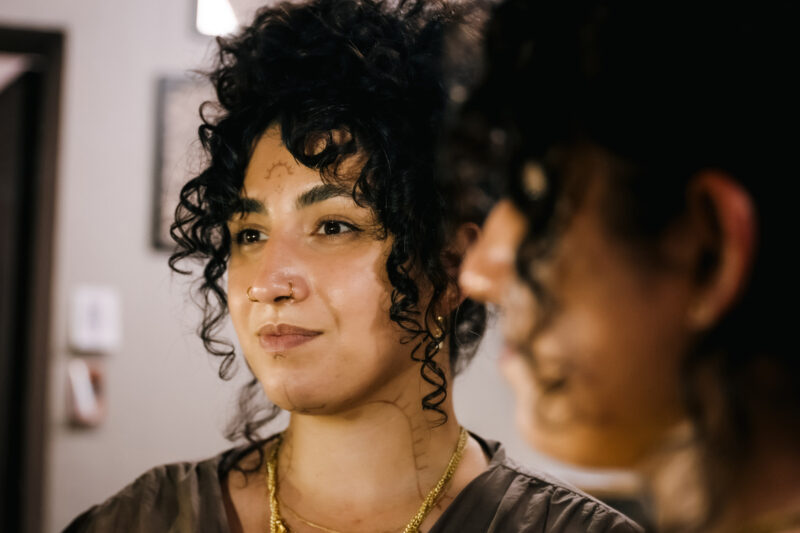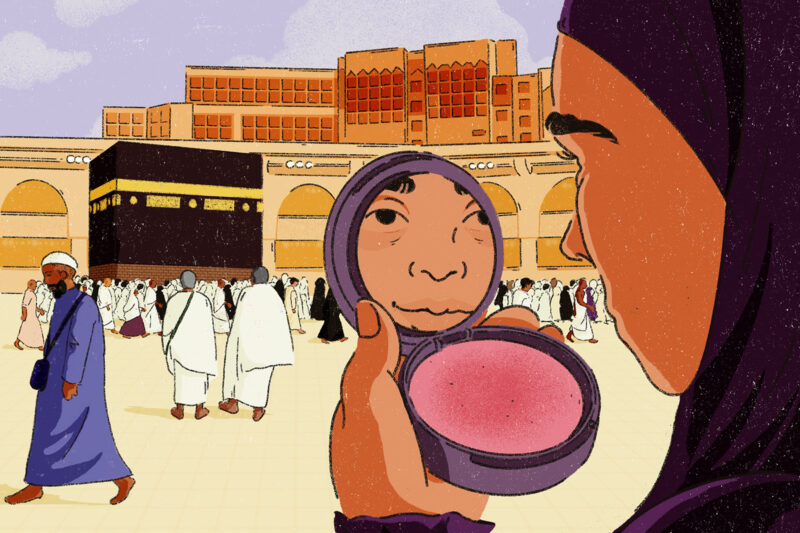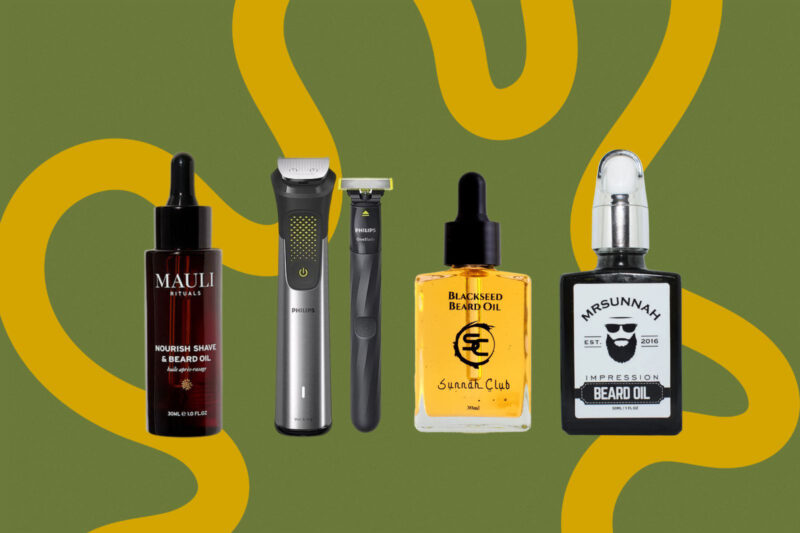How Botox had a facelift
When, like me, everyone in your family has had their nose done, something as non-invasive and temporary as Botox is less a matter of if than when

“During the pandemic, stuck at home staring at a screen all day, I found myself frowning a lot more. My mum suggested I get Botox,” laughs Diana Alghoul, 32, a hypnotherapist from London. “Being from a Middle Eastern background, it’s very normal to have all these procedures done.”
Traditionally seen as the preserve of wealthy, older women and ageing movie stars, Botox has had something of a facelift in the past decade. Gen Zers are said to be big fans of “baby botox” — choosing to have small doses injected as a preventative move against ageing and wrinkles — and my own millennial interest in the procedure is now more likely to be met with agreement from friends rather than outright horror.
My Iranian background means I have grown up with a relatively laissez-faire attitude towards cosmetic surgery. Despite being ruled by a hardline religious government, Iran has some of the highest rates of cosmetic procedures in the world, with the capital, Tehran, reportedly boasting even more nose jobs than Los Angeles. The Lebanese singer Fairouz is widely believed to have normalised rhinoplasties in the Arab world and even conservative Saudi Arabia has seen a significant increase in the number of women seeking to alter their appearance. When, like me, everyone in your family has had their nose done, something as non-invasive and temporary as Botox is more a matter of when than if.
Cosmetic Botox — full name botulinum toxin — is a preparation of protein that, when injected into the skin, relaxes the muscles beneath lines and wrinkles to smooth them over and create a more youthful appearance. Aside from its well-known beautifying purposes, Botox is also used for medical reasons, including cases of migraine, teeth grinding and hyperhidrosis (excessive sweating). In instances of the latter, a Botox injection blocks signals from the nervous system to the sweat glands, which then prevents them from producing as much perspiration. Botox is even available on the NHS for some conditions. That, however, is usually limited to two treatments, after which you will have to go private.
According to Guardian beauty columnist Sali Hughes, in the run-up to summer, hyperhidrosis cases make up almost half of the appointments at the clinics where her cosmetic doctor friends work, with slightly more male than female patients. Indeed, the Botox market has ballooned in the UK in recent years: a 2022 audit by the British Association of Aesthetic Plastic Surgeons found demand for treatments rose 124% compared to the previous year. The amount spent every year on Botox procedures globally is forecast to nearly double from $5.9bn in 2021 to $11.5bn by 2030.
Increased accessibility and the speed of the procedure may have something to do with the increased uptake of injections — you could pop in to The Wellness Clinic at Harrods and get a round of jaw-slimming Botox (£550) during your lunch break, then go straight back to work. More time spent scrolling social media and finding unlined faces staring back at us, coupled with the ubiquity of smoothing filters, may also have led to people becoming increasingly self-conscious about wrinkles and imperfections.
Whether Botox is allowed in Islam has been widely debated, with questions raised over the substances in the injections and whether Muslims are allowed to alter their bodies, as Allah’s creations. Botox contains albumin, a naturally occurring protein in human blood plasma. Some schools of thought believe that Botox is haram, owing to albumin’s classification as an animal by-product. The albumin used in Botox, however, is most often derived naturally from humans and the product contains nothing of animal origin, which ultimately makes the decision a matter of personal interpretation. The reason Botox is not classified as vegan is not because of its ingredients but because regulations in many countries consider Botox a medicine, which means it must be tested on animals to be sold legally.
Some Muslims may disagree with the procedure because Islam teaches us to focus on developing inner beauty and not prioritise outward physical appearance.
“When it comes to the Islamic perspective, that’s between you and your relationship with God. I don’t think we can comment on other people’s faces,” says Alghoul, noting a rift in her friendship group regarding such cosmetic procedures. “There’s so many schools of thought, and culture does play a massive role. I think there’s a bit of a racial divide too. In the Arab community, it’s never been an issue, whereas with my South Asian friends, especially my east London Bengali girls, it’s like: ‘Why would you do something like that to your face?’”
Nonetheless, Botox — both cosmetic and medical — is being embraced by the Muslim community, with some providers even advertising halal versions. This is a largely meaningless term, but the fact that clinics are offering such a service is proof that the beauty industry is aware that Muslims are a demographic worth catering to. The global halal cosmetics market was valued at $42.39bn in 2023, and is projected to be worth $115bn by 2032.
Ultimately, Muslim women face the same social pressures and beauty standards around their appearance as non-Muslim women. We all use the same social media apps and suffer from overexposure to the Kardashians. Alghoul underwent two Botox sessions but has not been back in over a year. “It makes a massive difference to my confidence, and I think that’s why I’m not doing it again, at least for the foreseeable future,” she says. “It makes such a drastic change in the way I view myself. Shouldn’t I be learning to love myself without interventions?”
 Newsletter
Newsletter

